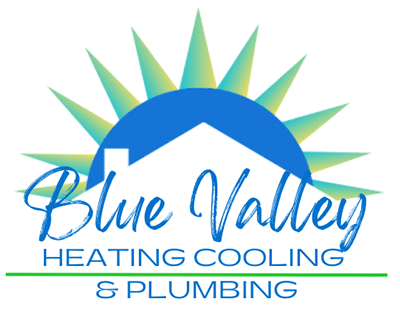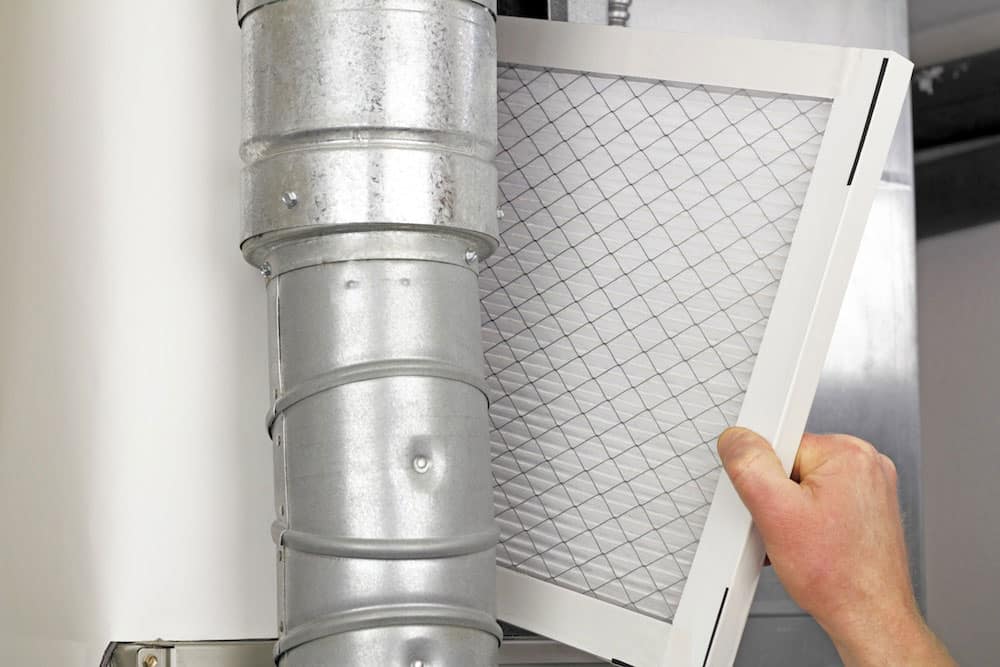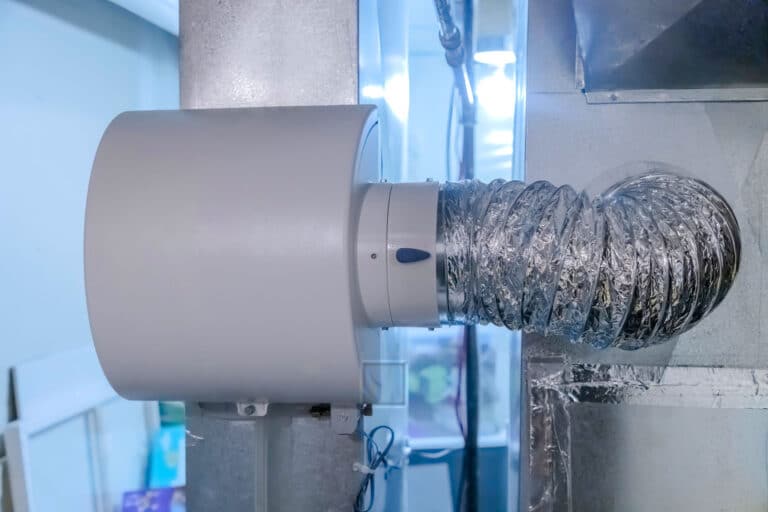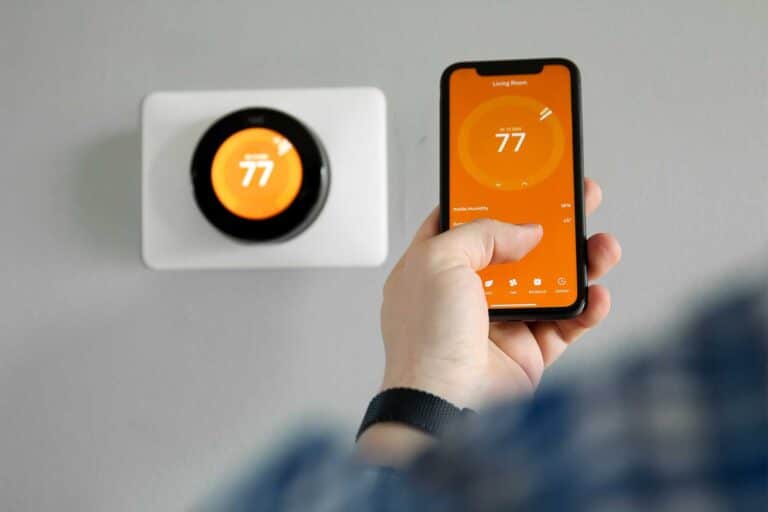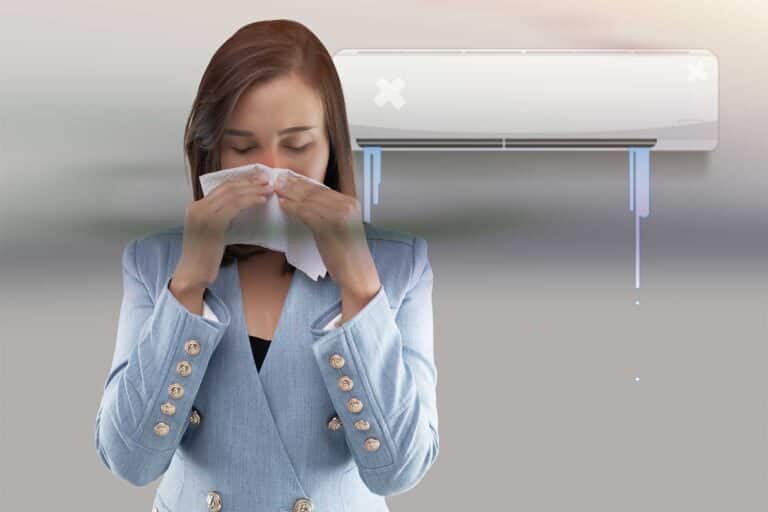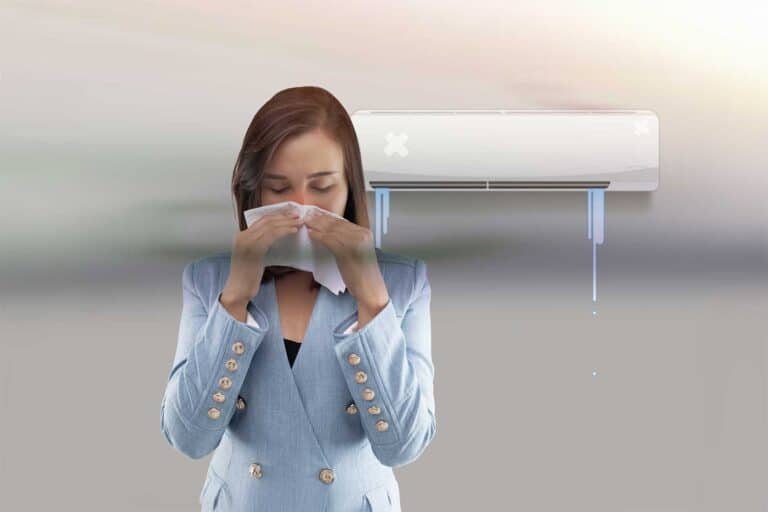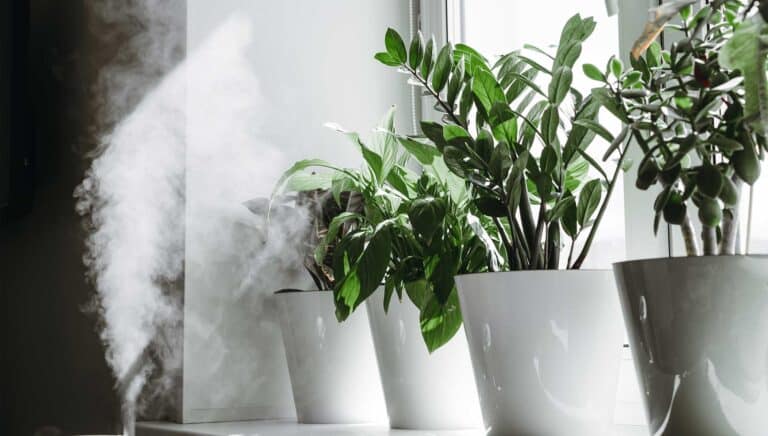Air Filters to Improve Your Indoor Air Quality
Did you know that the EPA lists indoor air pollution as one of the top 5 environmental health risks? According to the EPA, the best way to improve indoor air quality is to remove the source of contamination and bring in fresh outside air. When these two suggestions are not possible due to bad weather or poor outdoor air, then air filters can help. Blue Valley Heating & Cooling offers several types of effective air filters and devices to improve the indoor air quality in your home or business.
Air Filters to Improve Indoor Air Quality
Mechanical Air Filters
Best suited for capturing large particulates from the air such as dust, pollen, animal dander and mold spores. HEPA filters are the most effective air filters for removing airborne particles. However, because these larger particles do not float around for very long, these type of filters cannot completely remove them from the environment.
UVGI Cleaners
This ultraviolet germicidal irradiation cleaner is designed to be used in conjunction with a filtration system. Its purpose is to destroy viruses, bacteria and mold through UV exposure.
Electronic Air Cleaners
These types of devices improve air quality by removing irritating particles not through a filter but by creating an electrostatic attraction. For example, ion generators send out charged ions which attach to airborne particles, thereby charging them and increasing the rate at which they will connect to a wall or piece of furniture and get out of the air.
Gas-Phase Air Filters
Instead of removing particles from the air, these cleaning devices absorb specific gaseous pollutants, according to whatever type of absorbent material they utilize.
PCO Cleaners
Also designed to target gaseous pollutants, these cleaners employ a combination of a catalyst and ultraviolet radiation to convert them into harmless products. Photocatalytic oxidation cleaners do not remove particulates.
Ozone Generators
Through UV lamps or electrical discharges, ozone is used to deactivate chemical and biological pollutants with this system. It is important to point out that ozone can irritate the lungs, which could cancel out this device’s effectiveness.
If you want to improve your indoor air quality, contact the HVAC experts at Blue Valley Heating & Cooling in Longmont for a variety of air filters, air purifiers, and quick installation – all at an affordable price. Let us help you breathe a little easier! Our company is dedicated to providing energy efficiency while promoting improvement of your indoor air quality. Contact us today!
